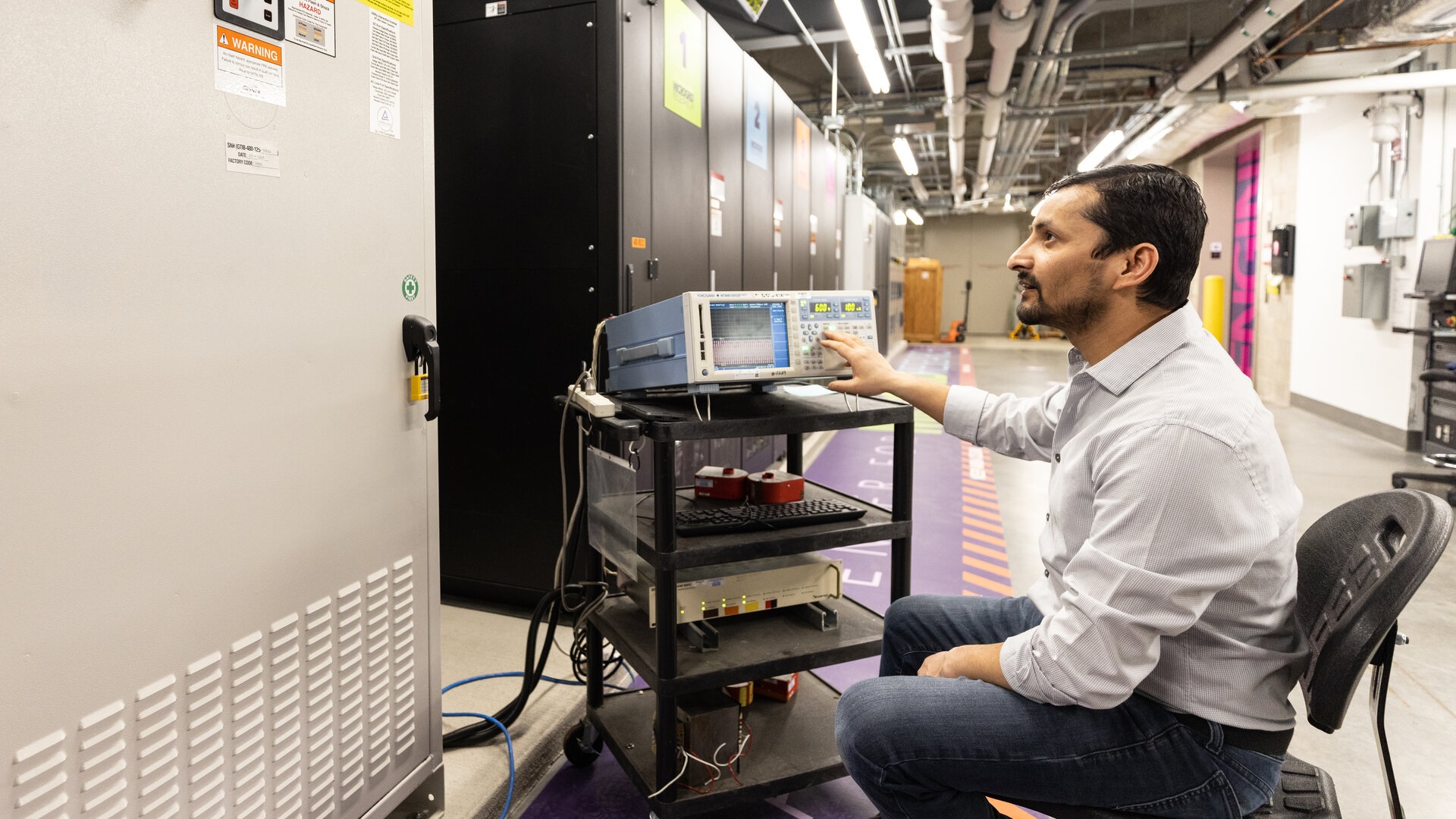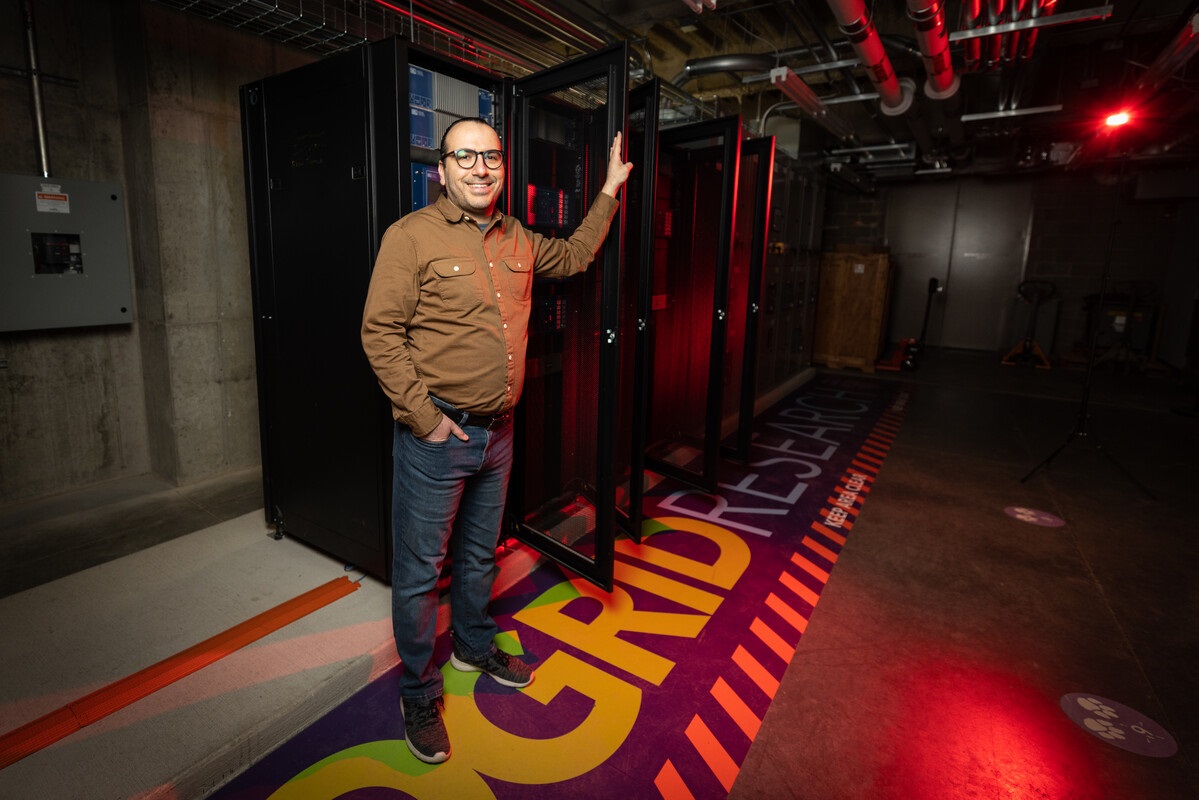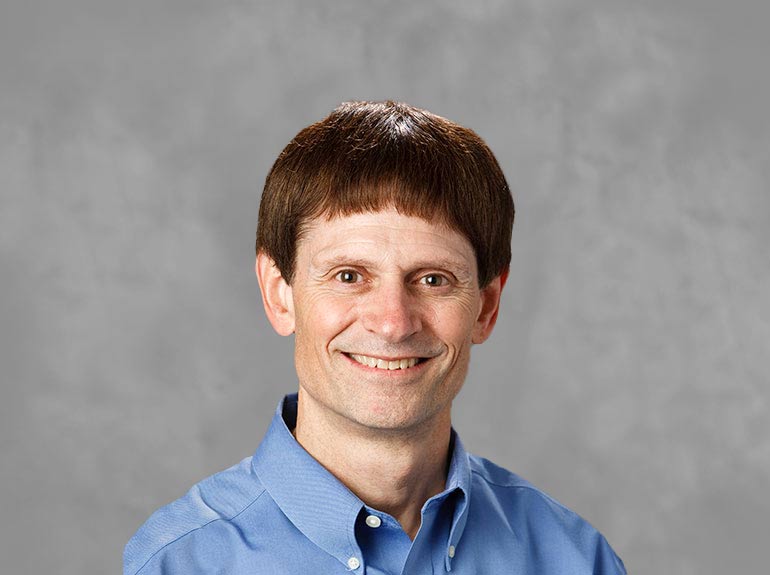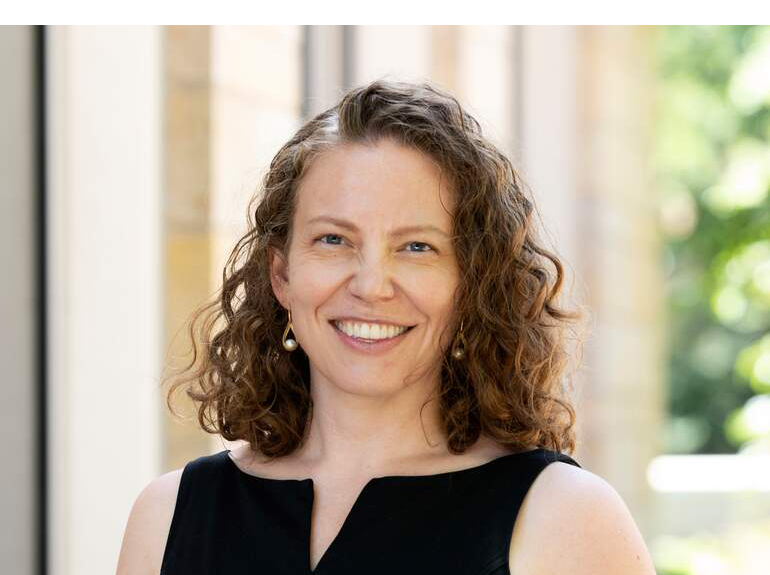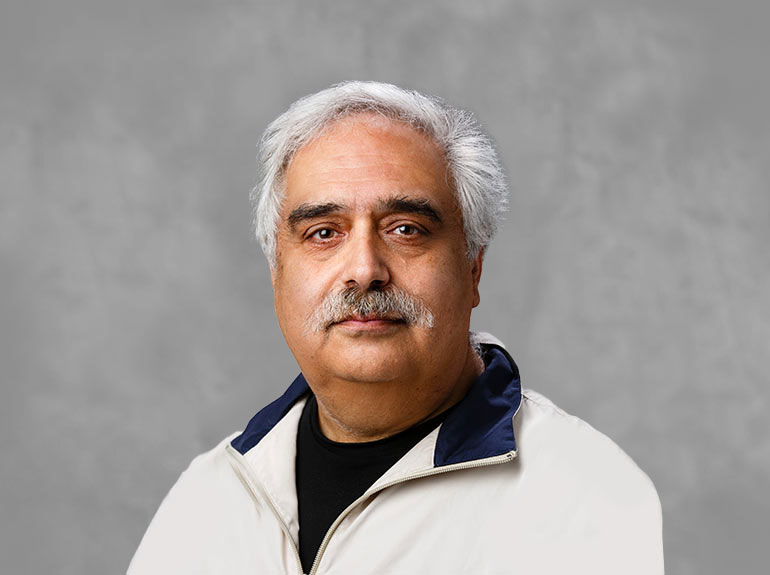Coursework and Degree Requirements
To complete the requirements for the Master of Science in Electrical Engineering, students must successfully complete 10 courses (30 graduate semester credits) and maintain a GPA of at least 2.7. Students without an undergraduate degree in electrical engineering, computer engineering or a related field may need additional courses beyond the 30 credits needed for this master's degree.
See course descriptions in our course catalog
STEM Approved Program
The Power Systems concentration emphasizes the study and control of power systems, Microgrids, distribution, renewable energy, electrical machines and power electronics. Power electronics enables the economic viability of renewable energy systems via its ability to transform electrical energy in one form to another with near 100% efficiency. Microgrids improve the reliability and resiliency of the power grid.
CORE COURSES:
Choose six or more courses from the list below (6 courses = 18 graduate credits):
- ETLS 744 Power Systems and Smart Grids
- ETLS 746 Power Electronics
- ETLS 747 Electrical Machines and Vehicles
- ETLS 748 Renewable Energy Generation
- ETLS 753 Power System Protection and Relay
- ETLS 756 Discrete Control of Power Electronics
- ETLS 757 Microgrids
- ETLS 810 Advanced Controls
TECHNICAL ELECTIVES:
Choose up to four technical electives from course list below (4 courses = 12 credits):
- ETLS 745 Power Systems Operations and Controls
- ETLS 754 Electrification
- ETLS 758 Grid Modernization
- ETLS 739 EV Market and Technologies
- ETLS 611 Introduction to Sustainability
- ETLS 612 Sustainability Verification
- ETLS 620 Communication Systems
- ETLS 630 Sensors for the Internet of Things (IoT) and Autonomy
- ETLS 631 Wireless Sensor Networks
- ETLS 675 Digital Signal Processing
- ETLS 676 Real-Time DSP
- ETLS 678 Applications of AI in Engineering
- ETLS 679 Embedded & Cyber-Physical Systems
- ETLS 681 AI, Robotics & Autonomous Systems
- ETLS 683 Electronic Design of Implantable Medical Devices
- ETLS 684 PCB Engineering and Design
- ETLS 699 Selected Topics
- SEIS 663 Introduction to Cybersecurity
- SEIS 763 Machine Learning
- SEIS 764 Artificial Intelligence
- ETLS 881/882 Engineering Project Credits (2 consecutive semesters of 6 credits total)
* Other ETLS/SEIS elective courses approved by Program Director.
The Electrification and Sustainability concentration will prepare students to meet the challenges of the 21st-century electric grid and develop sustainable practices. Power engineers will lead the way in decarbonizing the electric grid, promoting sustainable energy generation, and electrifying transportation and the whole industry.
CORE COURSES:
Choose six or more courses from the list below (6 courses = 18 graduate credits):
- ETLS 744 Power Systems and Smart Grids
- ETLS 611 Introduction to Sustainability
- ETLS 739 EV Market and Technologies
- ETLS 754 Electrification
- ETLS 758 Grid Modernization
- ETLS 746 Power Electronics
- ETLS 747 Electrical Machines and Vehicles
- ETLS 748 Renewable Energy Generation
TECHNICAL ELECTIVES:
Choose up to four technical electives from course list below (4 courses = 12 credits):
- ETLS 612 Sustainability Verification
- ETLS 745 Power Systems Operations and Controls
- ETLS 753 Power Systems Protection and Relay
- ETLS 756 Discrete Control of Power Electronics
- ETLS 757 Microgrids
- ETLS 810 Advanced Controls
- ETLS 620 Communication Systems
- ETLS 630 Sensors for the Internet of Things (IoT) and Autonomy
- ETLS 631 Wireless Sensor Networks
- ETLS 675 Digital Signal Processing
- ETLS 676 Real-Time DSP
- ETLS 678 Applications of AI in Engineering
- ETLS 679 Embedded & Cyber-Physical Systems
- ETLS 681 AI, Robotics & Autonomous Systems
- ETLS 683 Electronic Design of Implantable Medical Devices
- ETLS 684 PCB Engineering and Design
- ETLS 699 Selected Topics
- SEIS 663 Introduction to Cybersecurity
- SEIS 763 Machine Learning
- SEIS 764 Artificial Intelligence
- ETLS 881/882 Engineering Project Credits (2 consecutive semesters of 6 credits total)
* Other ETLS/SEIS electives approved by Program Director.
The Embedded and Intelligent Systems concentration enables students to become proficient with microcomputers, sensors, interconnections, and their composite systems used to design and control devices. Embedded systems find their applications in automation, manufacturing, intelligent robotics, autonomous systems, medical devices, and more. When combined with artificial intelligence, it enables the embedded systems to be smart and make intelligent decisions targeted in Industry 5.0.
CORE COURSES:
Choose six or more courses from the list below (6 courses = 18 graduate credits):
- ETLS 630 Sensors for the Internet of Things (IoT) and Autonomy
- ETLS 631 Wireless Sensor Networks
- ETLS 676 Real-Time DSP
- ETLS 678 Applications of AI in Engineering
- ETLS 679 Embedded & Cyber-Physical Systems
- ETLS 681 AI, Robotics & Autonomous Systems
- SEIS 663 Introduction to Cybersecurity
- SEIS 763 Machine Learning
TECHNICAL ELECTIVES:
Choose up to four technical electives from course list below (4 courses = 12 credits):
- ETLS 620 Communication Systems
- ETLS 675 Digital Signal Processing
- ETLS 683 Electronic Design of Implantable Medical Devices
- ETLS 684 PCB Engineering and Design
- ETLS 810 Advanced Controls
- ETLS 611 Introduction to Sustainability
- ETLS 612 Sustainability Verification
- ETLS 739 EV Market and Technologies
- ETLS 744 Power Systems and Smart Grids
- ETLS 745 Power Systems Operations and Controls
- ETLS 746 Power Electronics
- ETLS 747 Electrical Machines and Vehicles
- ETLS 748 Renewable Energy Generation
- ETLS 753 Power Systems Protection and Relay
- ETLS 754 Electrification
- ETLS 758 Grid Modernization
- ETLS 756 Discrete Control of Power Electronics
- ETLS 757 Microgrids
- ETLS 699 Selected Topics
- SEIS 764 Artificial Intelligence
- ETLS 881/882 Engineering Project Credits (2 consecutive semesters of 6 credits total)
* Other ETLS/SEIS electives approved by Program Director.
The Circuits, Signals and Systems concentration focuses on the study of sensing, printed circuit board design, biomedical circuit design, communication, and processing of information. Applications can be found in all areas around us such as biomedical engineering, implantable medical devices, wearables, IoT, automation, robotics, mobile health care, and autonomous vehicles. Application of Artificial Intelligence to information processing, and communication of such information over a variety of communication networks such as Wi-Fi, Bluetooth, and 5G wireless networks are explored.
CORE COURSES:
Choose six or more courses from the list below (6 courses = 18 graduate credits):
- ETLS 620 Communication Systems
- ETLS 630 Sensors for the Internet of Things (IoT) and Autonomy
- ETLS 631 Wireless Sensor Networks
- ETLS 675 Digital Signal Processing
- ETLS 678 Applications of AI in Engineering
- ETLS 683 Electronic Design of Implantable Medical Devices
- ETLS 684 PCB Engineering and Design
- ETLS 810 Advanced Controls
TECHNICAL ELECTIVES:
Choose up to four technical electives from course list below (4 courses = 12 credits):
- ETLS 676 Real-Time DSP
- ETLS 679 Embedded & Cyber-Physical Systems
- ETLS 681 AI, Robotics & Autonomous Systems
- ETLS 611 Introduction to Sustainability
- ETLS 612 Sustainability Verification
- ETLS 739 EV Market and Technologies
- ETLS 744 Power Systems and Smart Grids
- ETLS 745 Power Systems Operations and Controls
- ETLS 746 Power Electronics
- ETLS 747 Electrical Machines and Vehicles
- ETLS 748 Renewable Energy Generation
- ETLS 753 Power Systems Protection and Relay
- ETLS 754 Electrification
- ETLS 758 Grid Modernization
- ETLS 756 Discrete Control of Power Electronics
- ETLS 757 Microgrids
- ETLS 699 Selected Topics
- SEIS 663 Introduction to Cybersecurity
- SEIS 763 Machine Learning
- SEIS 764 Artificial Intelligence
- ETLS 881/882 Engineering Project Credits (2 consecutive semesters of 6 credits total)
* Other ETLS/SEIS courses approved by Program Director.
